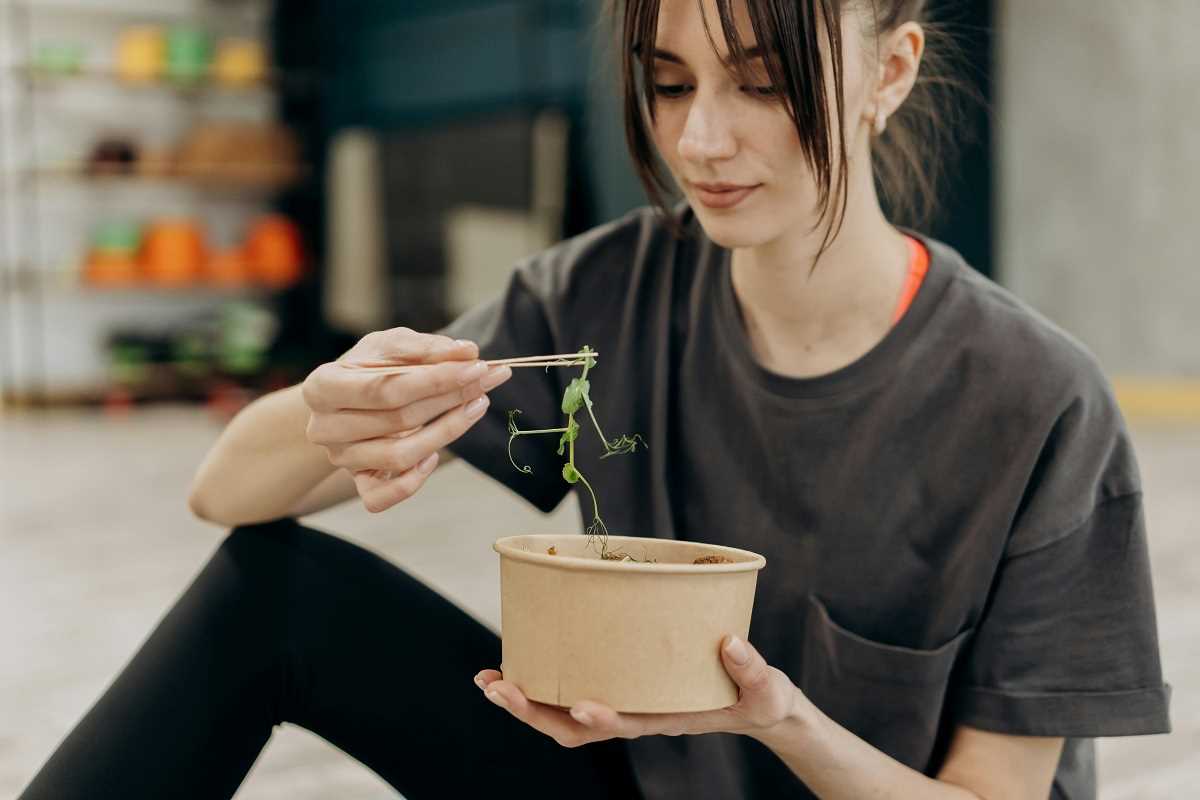Strong relationships bring comfort, encouragement, and a sense of belonging to daily life. When friends, family members, and partners show ongoing support and genuine care, they help build a space where you feel uplifted and understood. Positive connections offer reassurance, mutual respect, and the feeling that you can count on others during both joyful and challenging times. You might notice that you feel more at ease, confident, and ready to face what comes your way when these bonds remain healthy. This article highlights the qualities of relationships that build inner strength and shares simple ways to nurture the connections you value most.
New Aspects of Connection
Supportive relationships go beyond surface-level companionship. They bring unexpected layers of understanding that help you navigate challenges with confidence. Instead of offering generic comfort, a friend might mirror your perspective in a way that sparks fresh ideas or points out strengths you’ve overlooked. Such nuanced encouragement transforms simple chats into a springboard for self-discovery.
Trust woven into everyday exchanges also creates silent reassurance. Whether drawing on shared humor during a rough patch or lending a steady presence in moments of doubt, these subtle affirmations let you experiment and grow without fear of judgment. When each interaction strengthens your foundation, it becomes easier to take healthy risks in other areas of life.
Signs Your Relationship Supports You
- Active Listening (daily interaction)
- Unique feature: Uncovers unspoken feelings by asking follow-up questions instead of jumping to solutions.
- Cost/metric: Applies to all conversations; usually 5–10 uninterrupted minutes.
- Insider tip: Schedule a weekly check-in chat to show you value that listening space.
- Clear Boundary-Setting (emotional health practice)
- Unique feature: Both parties acknowledge limits without resentment.
- Cost/metric: May take one focused discussion or daily reminders.
- Insider tip: Use “I feel” statements to link boundaries to behaviors constructively.
- Shared Laughter (social bonding)
- Unique feature: Converts stress into joy with inside jokes or playful banter.
- Cost/metric: Minimal—just creativity and openness.
- Insider tip: Recall past funny moments to spark new shared laughter.
- Balanced Support (reciprocity model)
- Unique feature: Roles shift fluidly so no one is always the helper.
- Cost/metric: Track interactions over time; roles should balance out.
- Insider tip: If imbalance appears, offer to lead the next hangout.
- Honest Feedback (personal growth)
- Unique feature: Critique ties directly to encouragement and improvement.
- Cost/metric: Usually 1–2 minutes in conversation.
- Insider tip: Ask permission before giving feedback to ensure readiness.
- Consistent Check-Ins (routine communication)
- Unique feature: Signals that conversations matter beyond the moment.
- Cost/metric: A text or voice note takes under two minutes.
- Insider tip: Reply with gratitude and updates so the habit becomes mutual.
- Emotional Safety (trust cultivation)
- Unique feature: Normalizes vulnerability—tears, laughter, even anger—without fear of judgment.
- Cost/metric: Built over weeks of consistent support.
- Insider tip: Model openness first to invite reciprocal honesty.
- Aligned Values (compatibility framework)
- Unique feature: Shared priorities like honesty or kindness minimize clashes.
- Cost/metric: Takes ~20 minutes to identify three overlapping values.
- Insider tip: Revisit these values during decisions to ensure alignment.
- Flexible Planning (coordination style)
- Unique feature: Mixes reliability with adaptability for last-minute changes.
- Cost/metric: Simple shared calendar apps often suffice.
- Insider tip: Label plans as “flexible” or “firm” to set expectations.
- Joint Celebration (achievement recognition)
- Unique feature: Amplifies milestones with shared excitement.
- Cost/metric: Under $20 or free with heartfelt gestures.
- Insider tip: Add a ritual (bell, emoji, note) to mark the moment as special.
Daily Habits to Maintain Strong Bonds
- Set aside a consistent time each week—such as 15 minutes before bed—to share highs and lows. This regular rhythm embeds emotional rhythm into your routine, reinforcing that you value one another’s inner world.
- Create a shared playlist of songs that remind you of fun times. Flipping through new tracks and recalling the stories behind each tune builds a sense of continuity and inside memory bank.
- Rotate who picks a small challenge for each other, like cooking a new recipe or trying a mindfulness prompt. Completing it together fosters teamwork and injects novelty into ordinary days.
- Use a mutual digital note or photo album to document spontaneous moments—quick portraits, snippets of conversation, or funny memes. Revisiting these entries sparks warmth during busy or stressful spells.
- End each day with a concise “thank you” message that singles out something your companion did well. Focusing on positives before sleep cements appreciation and primes both parties for the next day.
Building Resilience Together
When you learn to handle tough conversations with patience and curiosity, you develop a shared set of tools for future challenges. This method turns disagreements into chances to understand each other’s perspectives more deeply, planting seeds of empathy and problem-solving skills that last.
Partners who look after each other’s mental health also promote healthy routines. By swapping simple reminders—like hydration cues or stretching breaks—you embed well-being practices into daily life. These small prompts grow into a culture of mutual vigilance that protects both individuals.
Reflecting on Mutual Growth
Revisit shared goals often and celebrate small milestones to keep your relationship energized. Viewing well-being as a shared responsibility deepens trust and resilience. With consistent care and reflection, you strengthen bonds built on mutual support and understanding.
.jpg) (Image source: Midjourney)
(Image source: Midjourney) 





.jpeg)